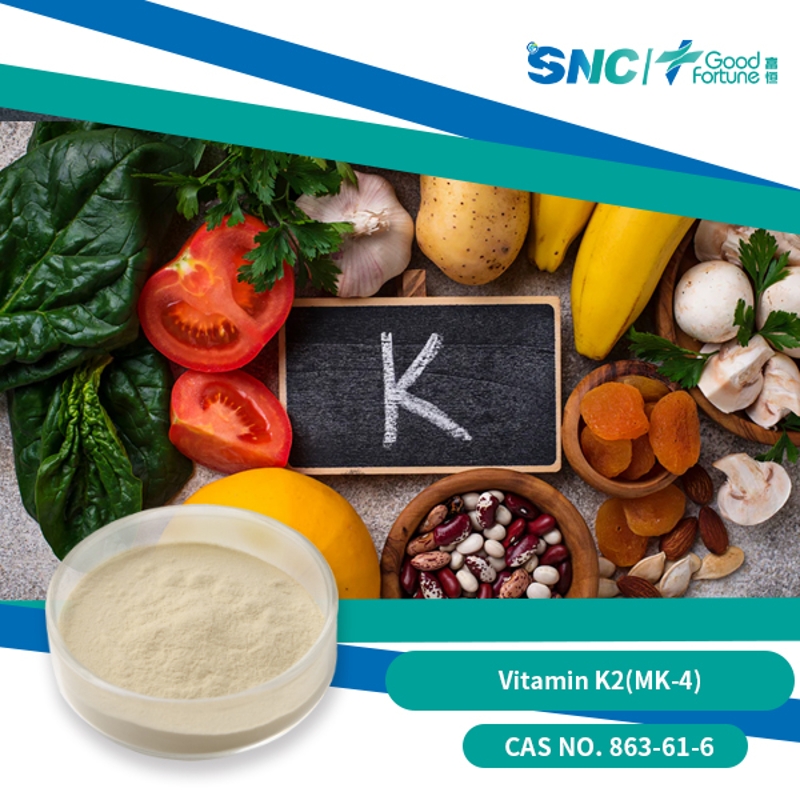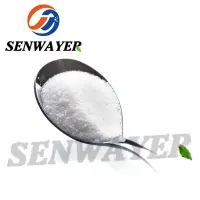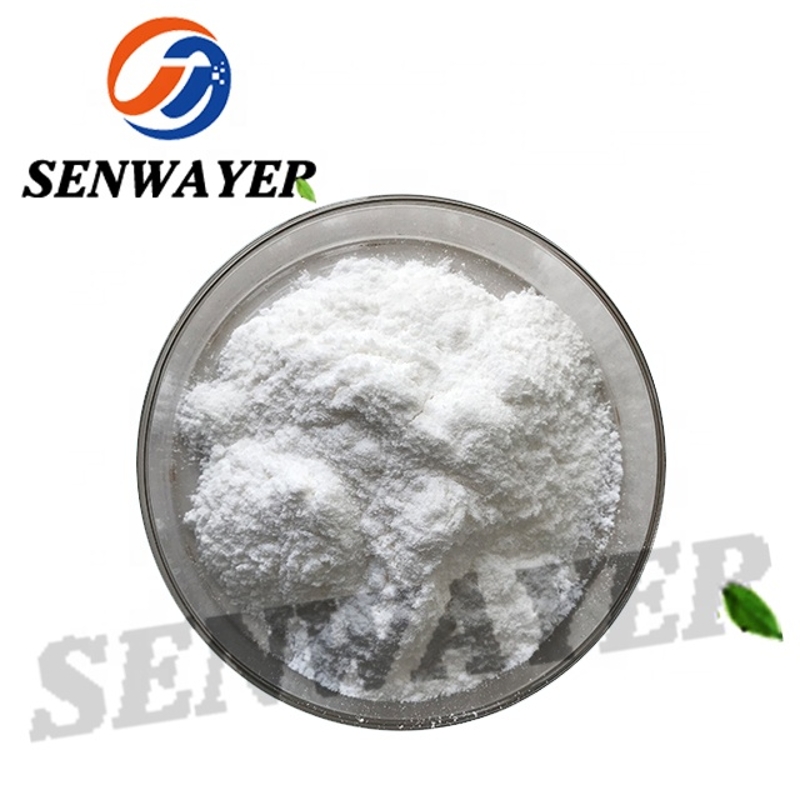-
Categories
-
Pharmaceutical Intermediates
-
Active Pharmaceutical Ingredients
-
Food Additives
- Industrial Coatings
- Agrochemicals
- Dyes and Pigments
- Surfactant
- Flavors and Fragrances
- Chemical Reagents
- Catalyst and Auxiliary
- Natural Products
- Inorganic Chemistry
-
Organic Chemistry
-
Biochemical Engineering
- Analytical Chemistry
-
Cosmetic Ingredient
- Water Treatment Chemical
-
Pharmaceutical Intermediates
Promotion
ECHEMI Mall
Wholesale
Weekly Price
Exhibition
News
-
Trade Service
Thiamine hydrochloride is a vitamin B1 supplement that is widely used in the chemical industry.
As a vital nutrient for the human body, thiamine hydrochloride has a wide range of applications in the pharmaceutical, food and beverage, and cosmetics industries.
In this article, we will explore the upstream and downstream products of thiamine hydrochloride, as well as its applications in the chemical industry.
Upstream Products
The production of thiamine hydrochloride involves several upstream processes, including the extraction and purification of thiamine from natural sources.
The most common sources of thiamine are rice bran, yeast, and sunflower seeds.
The extraction process involves the use of chemical solvents such as water, acetone, and ethanol to extract the thiamine from the raw material.
After extraction, the thiamine is purified through various purification methods, including crystallization, chromatography, and filtration.
The purified thiamine is then converted into thiamine hydrochloride through a chemical reaction with hydrochloric acid.
Downstream Products
Thiamine hydrochloride is used as an intermediate in the production of several downstream products.
One of the most common downstream products is pharmaceuticals.
Thiamine hydrochloride is used as a raw material in the production of various drugs, including anti-inflammatory drugs, muscle relaxants, and antiepileptic drugs.
It is also used in the production of nutritional supplements and fortified foods.
Another downstream product of thiamine hydrochloride is cosmetics.
Thiamine hydrochloride is used in various cosmetic products, including skincare creams and lotions, as it has antioxidant properties that can help to protect the skin from damage caused by free radicals.
It is also used in hair care products, as it is believed to promote hair growth and prevent hair loss.
Applications in the Chemical Industry
Thiamine hydrochloride is widely used in the chemical industry due to its unique properties.
It is used as a catalyst in various chemical reactions, including the production of dyes, pigments, and plastics.
It is also used as an antioxidant in the production of rubber and other polymers.
Thiamine hydrochloride is also used in the production of agrochemicals, such as pesticides and herbicides.
It is used as a catalyst in the production of these chemicals, and it is also believed to enhance their efficacy.
Thiamine hydrochloride is also used in the production of pharmaceuticals, as mentioned earlier.
It is used as a raw material in the production of various drugs, and it is also used in the production of nutritional supplements and fortified foods.
In conclusion, thiamine hydrochloride is an important intermediate in the chemical industry, with a wide range of applications in the pharmaceutical, food and beverage, and cosmetics industries.
Its unique properties make it an essential component in the production of various chemical products, and its wide range of applications make it a versatile and valuable compound in the chemical industry.
As the demand for thiamine hydrochloride continues to grow, it is likely that new and innovative applications for this compound will be discovered, further expanding its reach in the chemical industry.







